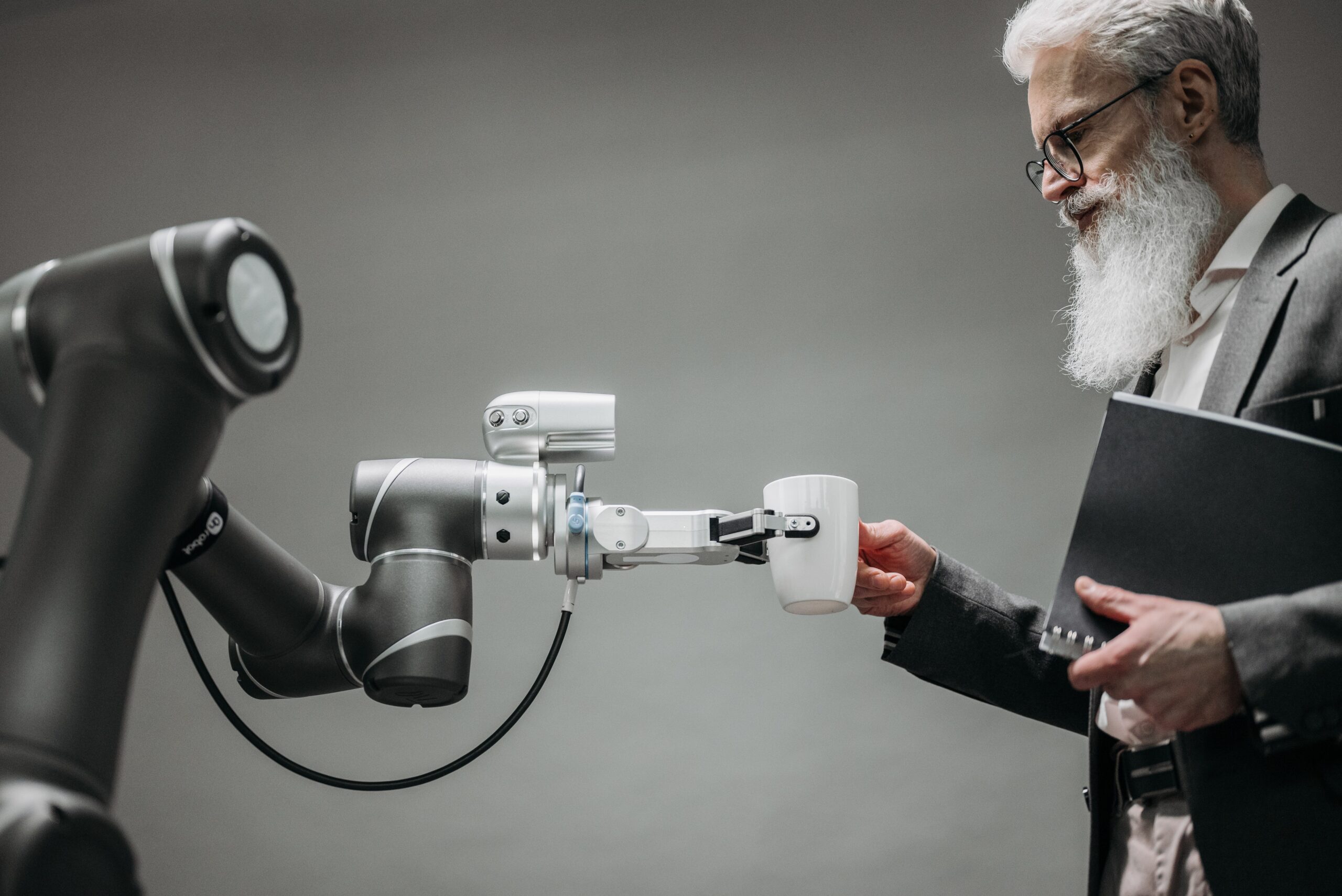Artificial Intelligence (AI) is transforming various sectors of our lives, and the transportation industry is no exception. AI is now an essential part of modern transportation systems, and it is revolutionizing the way we move from one place to another. From self-driving cars to intelligent traffic management systems, AI is driving the future of transportation, and the possibilities are endless.

Self-driving cars :
Self-driving cars are no longer a futuristic concept. They are already on the roads and are rapidly becoming more common. AI plays a crucial role in the development of self-driving cars. It enables them to perceive the environment, make decisions, and take actions without human intervention.
AI algorithms process data from various sensors, such as cameras, lidars, and radars, to create a real-time map of the car’s surroundings. The system then uses this information to navigate the car, avoid obstacles, and make decisions based on road conditions and traffic patterns.
Self-driving cars have the potential to reduce traffic congestion, enhance road safety, and improve mobility for people who are unable to drive, such as the elderly and disabled. However, there are still several challenges that need to be overcome, such as ethical and legal issues, cybersecurity concerns, and public acceptance.
Intelligent traffic management systems :
AI can also improve traffic management by optimizing traffic flow, reducing congestion, and improving safety. Intelligent traffic management systems use AI algorithms to analyze traffic data in real-time and make predictions about traffic patterns, accidents, and other incidents that could impact traffic flow.
The system can then adjust traffic lights, redirect traffic, and provide real-time information to drivers to help them avoid congestion and reach their destination faster. This not only reduces traffic congestion but also improves fuel efficiency and reduces emissions.
The use of AI in traffic management systems is still in its early stages, but it has enormous potential. As the technology continues to improve, we can expect to see more efficient, safer, and more sustainable transportation systems.
Smart logistics and supply chain management :
AI can also improve logistics and supply chain management by optimizing transportation routes, reducing delivery times, and improving inventory management. AI algorithms can analyze data on customer orders, inventory levels, and transportation routes to optimize the delivery process and reduce costs.
For example, companies like Amazon and UPS are already using AI-powered delivery drones and self-driving trucks to make deliveries faster and more efficiently. These technologies can navigate through traffic, avoid obstacles, and deliver packages directly to customers’ doorsteps.
The use of AI in logistics and supply chain management is still in its early stages, but it has enormous potential. As the technology continues to improve, we can expect to see more efficient, faster, and more reliable delivery systems.
Challenges and concerns :
Despite the potential benefits of AI in transportation, there are several challenges and concerns that need to be addressed. One of the biggest concerns is cybersecurity. As transportation systems become more connected and rely more on AI, they become more vulnerable to cyber-attacks.
Hackers could gain access to the systems and cause accidents, steal sensitive information, or disrupt transportation services. Therefore, it is crucial to implement robust cybersecurity measures to protect transportation systems from cyber threats.
Another concern is the potential loss of jobs. As self-driving cars and AI-powered delivery systems become more common, they could replace human drivers and delivery personnel, leading to job losses in the transportation industry. Therefore, it is essential to develop strategies to help workers transition to new jobs or acquire new skills.
Finally, there are ethical concerns regarding the use of AI in transportation. For example, in the event of an accident involving a self-driving car, who would be responsible? The car manufacturer, the AI system developer, or the owner of the car? There are also concerns about privacy, data protection, and the potential for bias in AI algorithms.